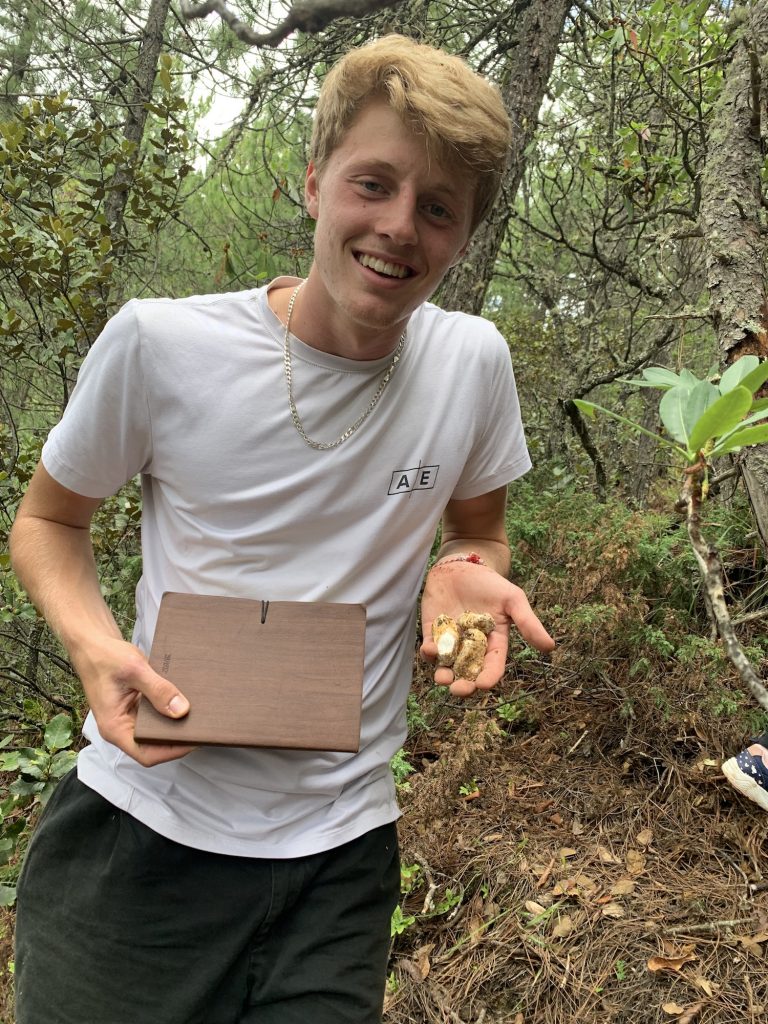
This is a question that I started to wrestle with about a week into my ACE experience.
The location we stayed was in a rural part of China, in the Yunnan Province, at about 10,500 feet above sea level. Before I arrived to the program site, and for almost a week thereafter, I assumed that rural regions would be equated with only older history of the region. However, various discussions with the ACE group and the on-site staff started to open my eyes a bit, and I began to question this assumption.
Throughout our time at the CERS center, exploring the nearby city, and going on shorter excursions, I started to find myself becoming more aware of the paradox of how particular places could feel both deeply historical, and also more tourism-centered. Rather than understanding one side of this paradox as more “real” than the other, I tried to stay cognizant of how both aspects could co-exist in one place – for example, in old town and in other parts of Shangri-La.
“All in all, I wrestled with a lot of questions throughout my trip, but most of all was inspired to think more critically about how outsiders define ‘culture’ in a particular region.”
However, when it came time to develop a small research project, I decided I wanted to focus on something that spanned these diverse cultural influences within the Yunnan province. This is what motivated me to learn about a topic that was in the realm of economics, one of my interests, as well as a topic that has been an integral part of Shangri-La history, as well as the current economy. The topic that I started to dive into research on was the Matsutake mushroom, which was suggested to me by the CERS’s head researcher, Dr. Bleisch. I focused on the supply chain of the mushroom, and through various books and articles, interviews, and my own personal encounter, I was able to experience a different side of Shangri-La.
How might a learning experience like this impact me down the road if I come into contact with another culture? While I don’t totally know the answer to that question, I will be much more aware of the impact that tourism can have on places with rich histories. All in all, I wrestled with a lot of questions throughout my trip, but most of all was inspired to think more critically about how outsiders define “culture” in a particular region. ACE emphasized how our experience will leave us with more questions than answers, and I believe this mindset entering the trip allowed me to engage with the entire experience to a greater degree.
